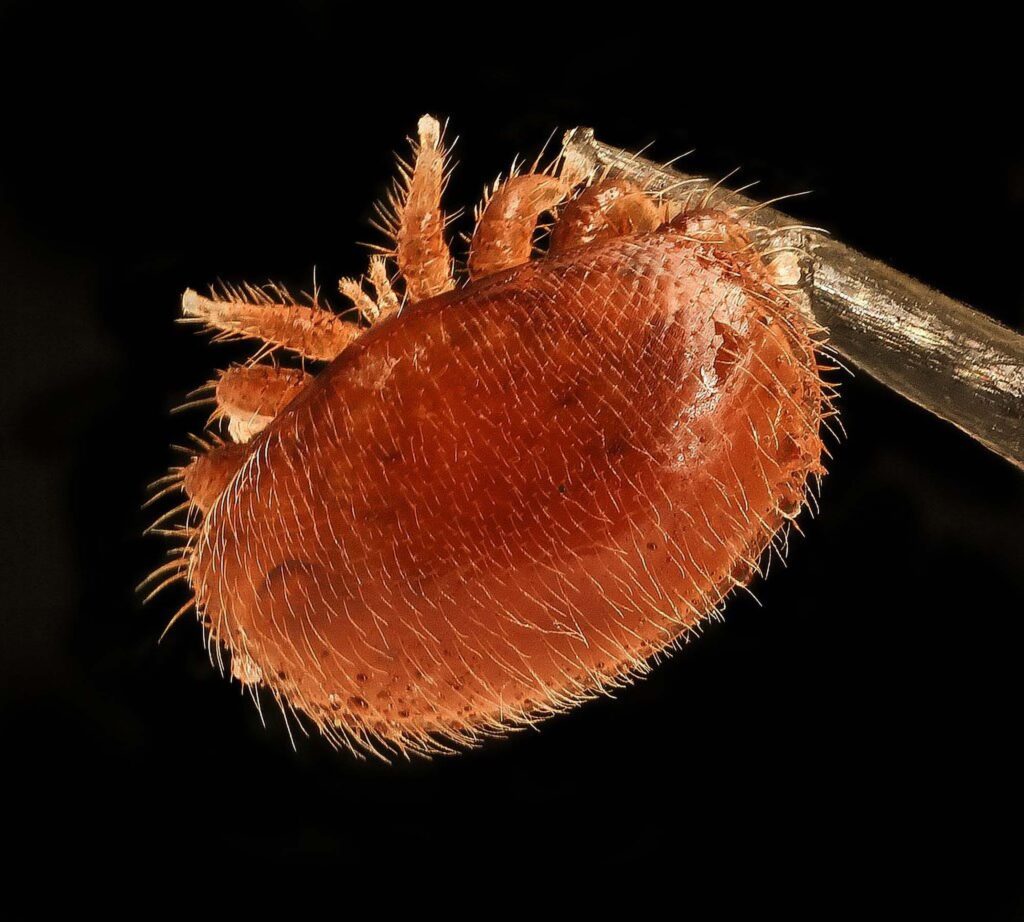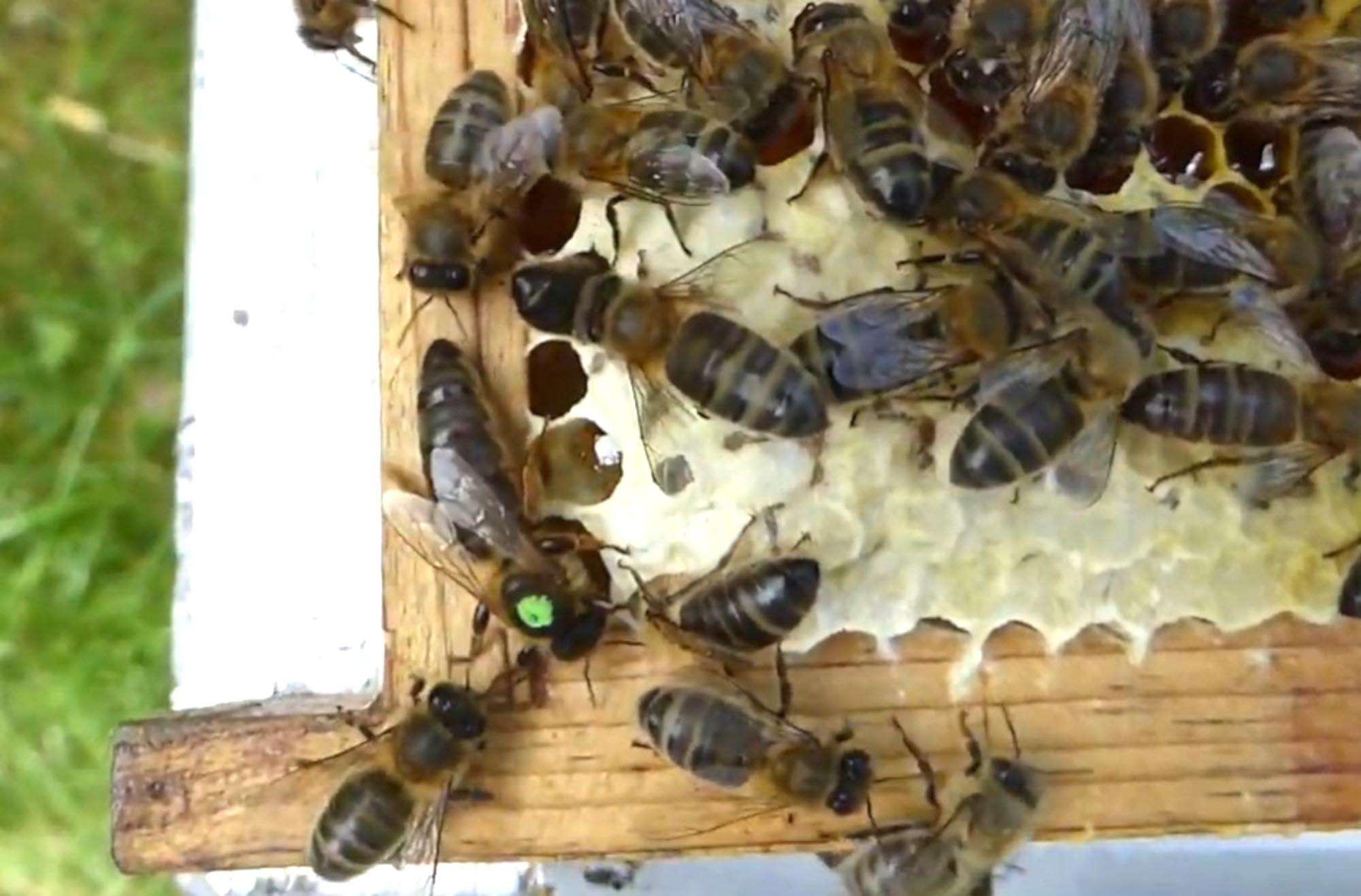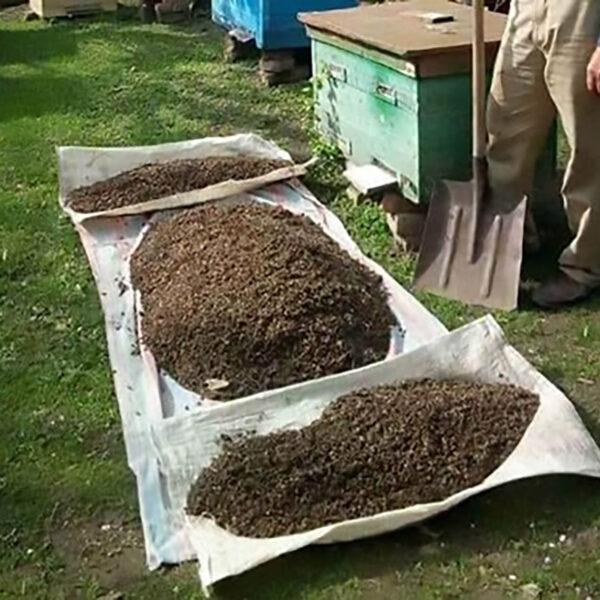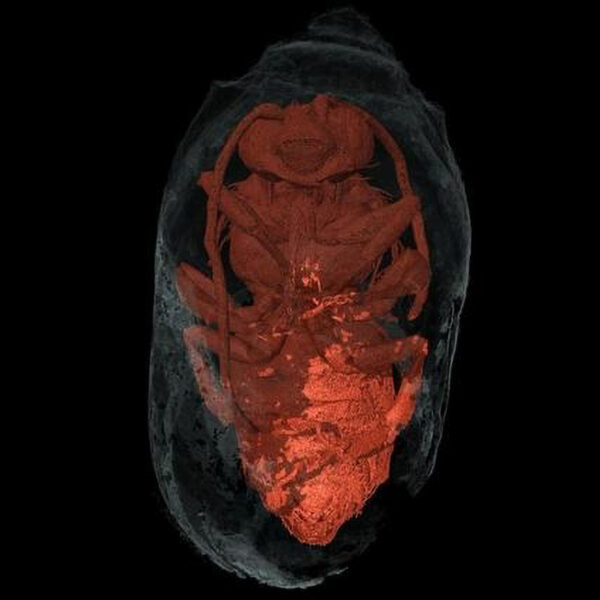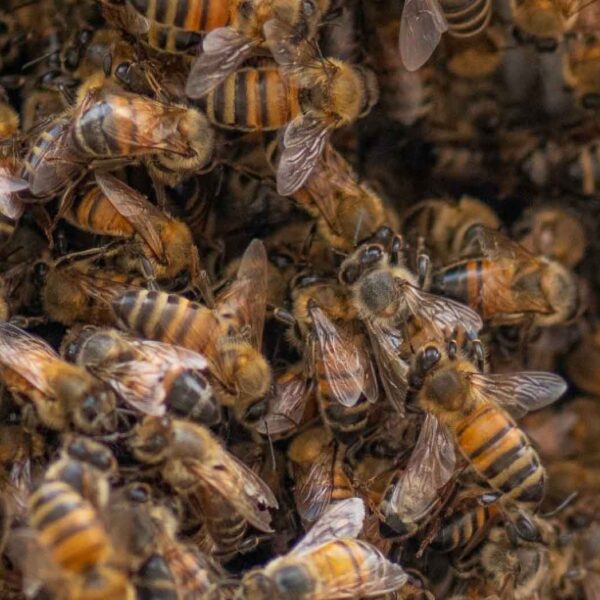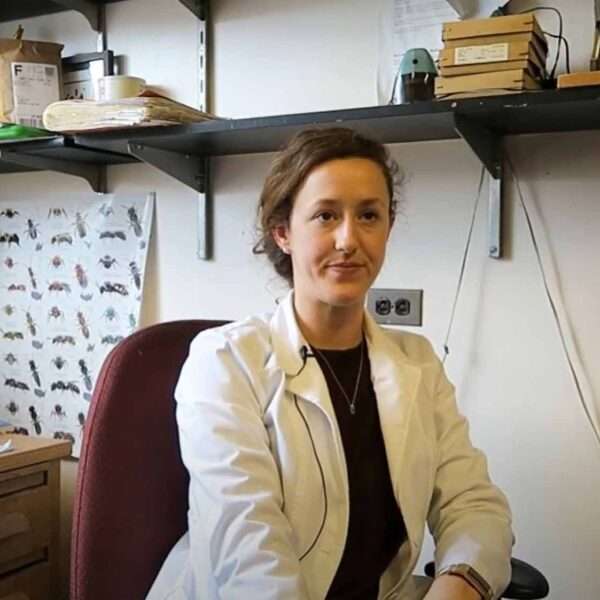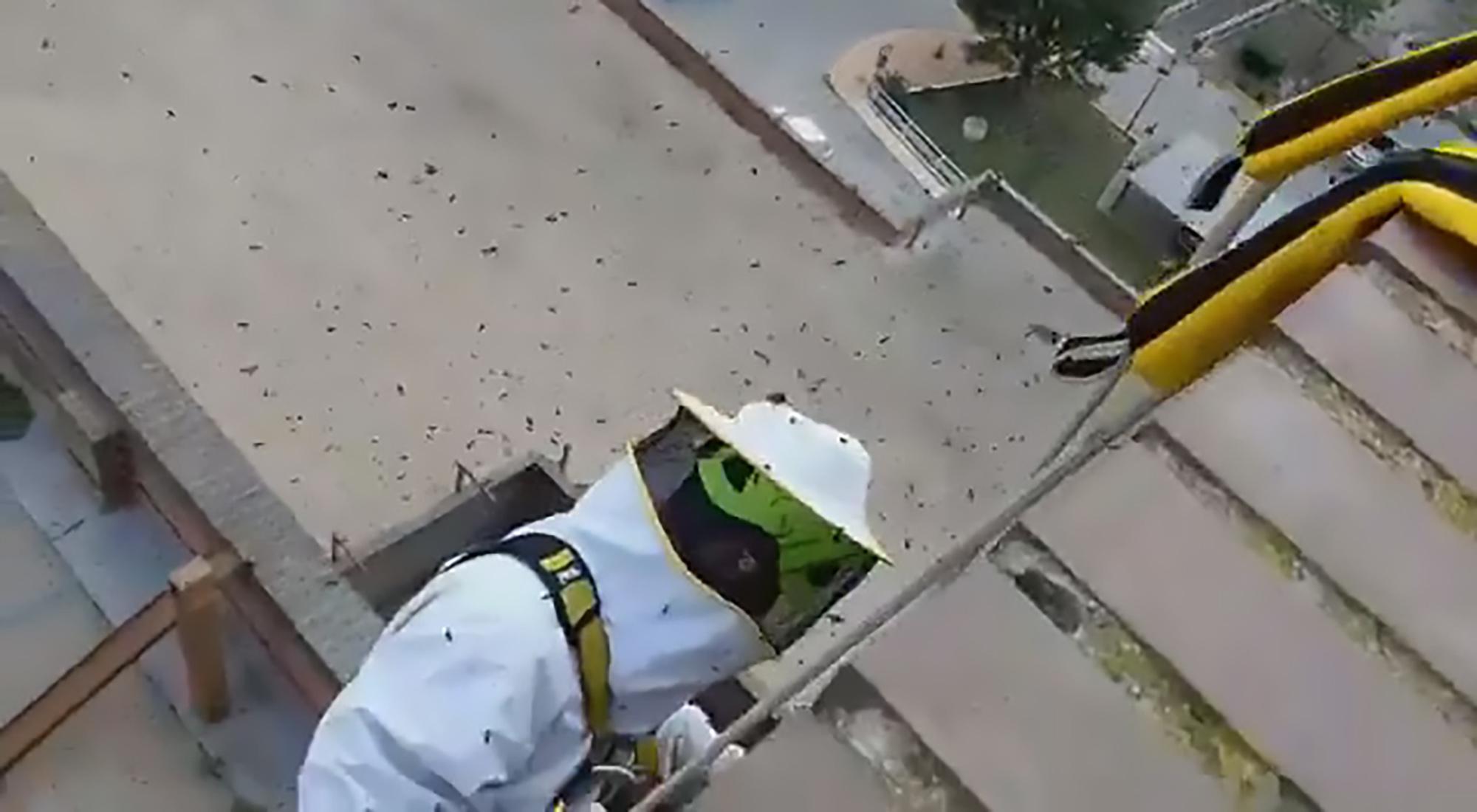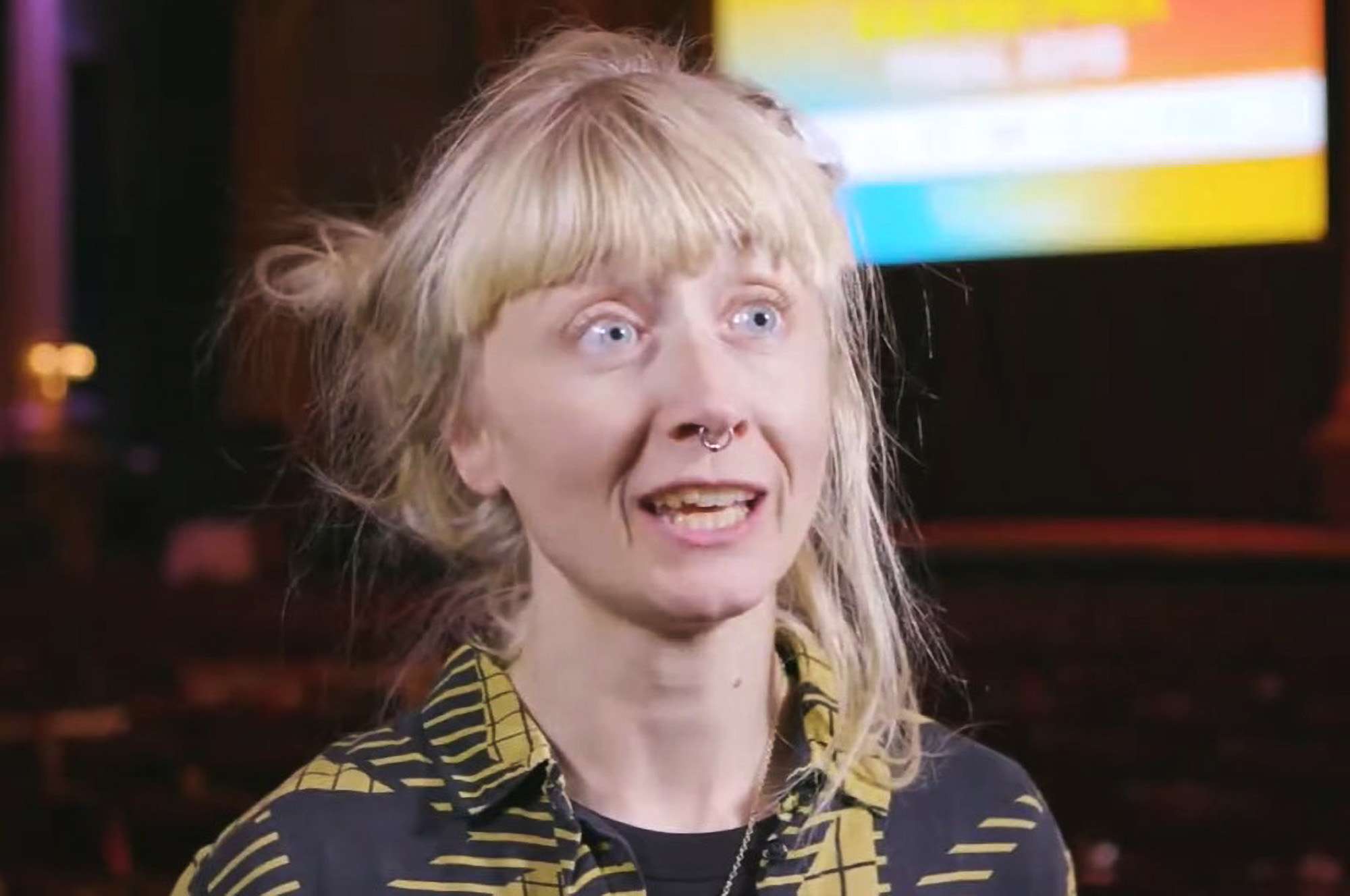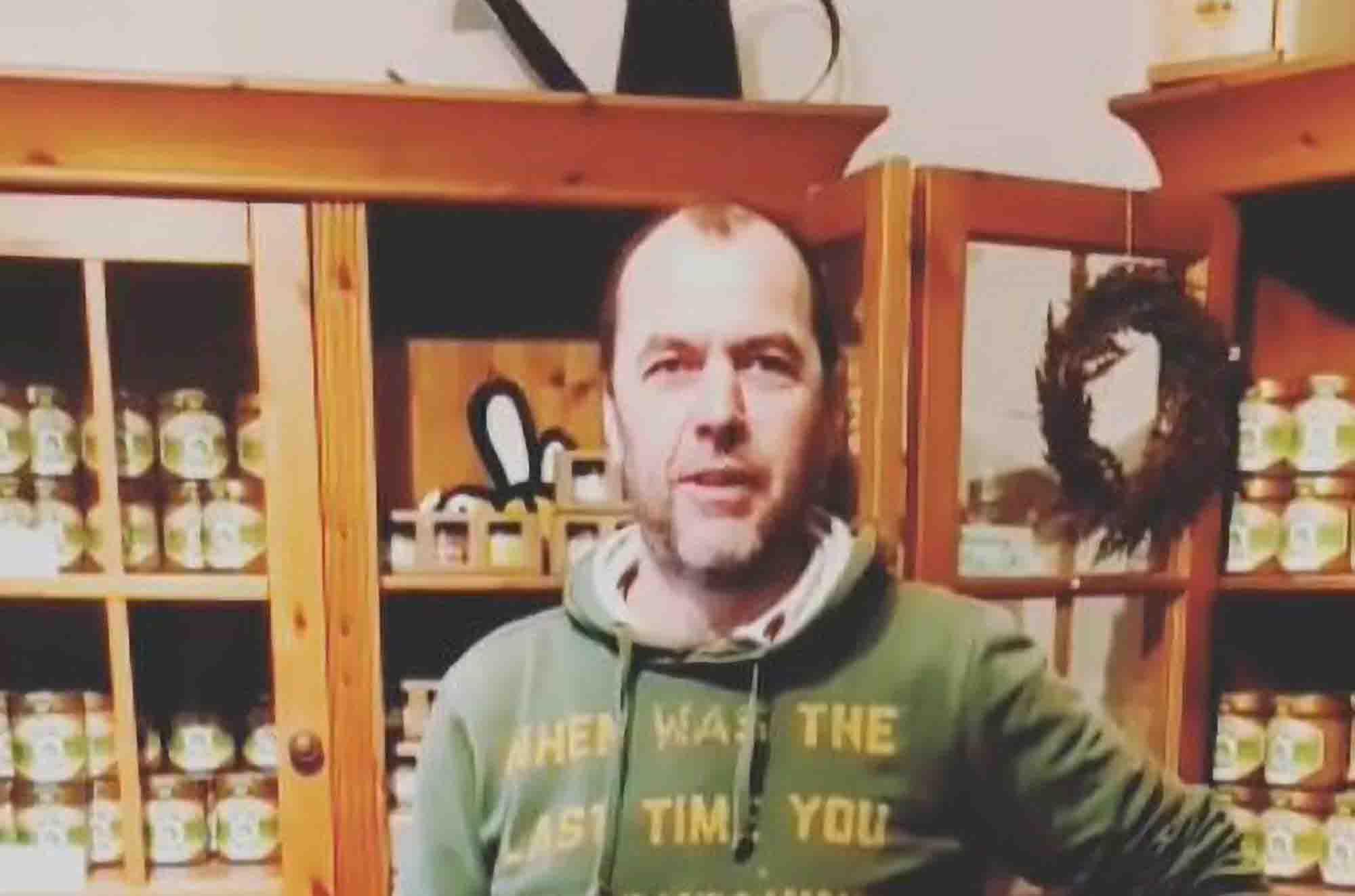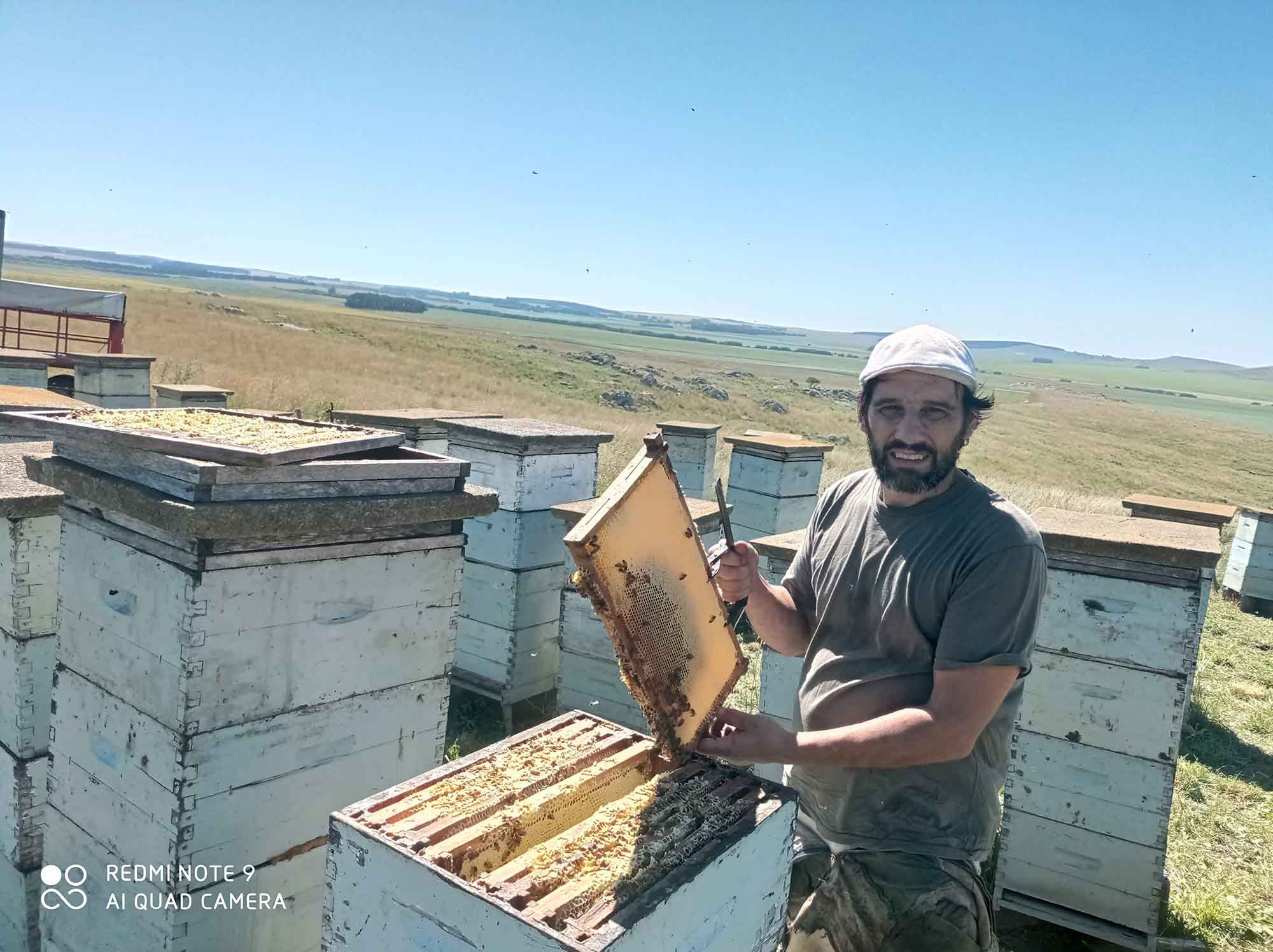Beekeepers have been suffering a devastating honey harvest decrease of 75 per cent due to parasite infestations and one-crop agriculture, a French apiarist has claimed.
Joscelin Renaud produces honey, beeswax soap and various other products in the small town of Saint-Jean-de-Boiseau, Loire-Atlantique, western France.
Speaking to the Courrier du pays de Retz, a local weekly paper, Joscelin explained: “Beekeeping has been changed by the apparition of Varroa destructor, a mite originating from Asia, in the 1980s. The changes in agriculture – larger fields, fewer hedges and the development of monocultural farming – also had a negative impact.”
He added that droughts and the proliferation of chemical substances such as herbicides also had a negative effect on the productivity of a hive.
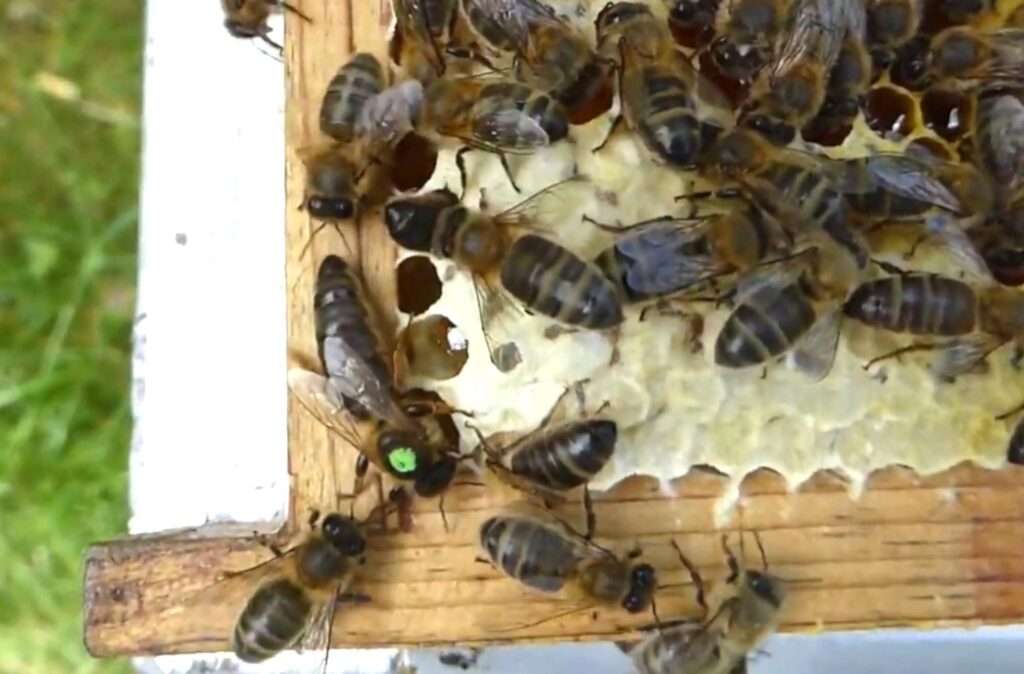
Joscelin – who is an expert on the European dark bee (Apis mellifera mellifera), a subspecies of the western honeybee – warned: “Prior to all of that, beekeepers were capable of harvesting 80 kilogrammes of honey a year per hive. Today, we are speaking about collecting an annual 20 kilogrammes.”
There are around 70,000 apiarists across France. They manage approximately 1.8 million hives. Within the European Union, only Spain, Romania, Greece and Poland register higher figures.
Last year, the beekeepers of France harvested between 12,000 and 14,000 tonnes of honey, according to UNAF, the Federal Association of French Apiculture.
